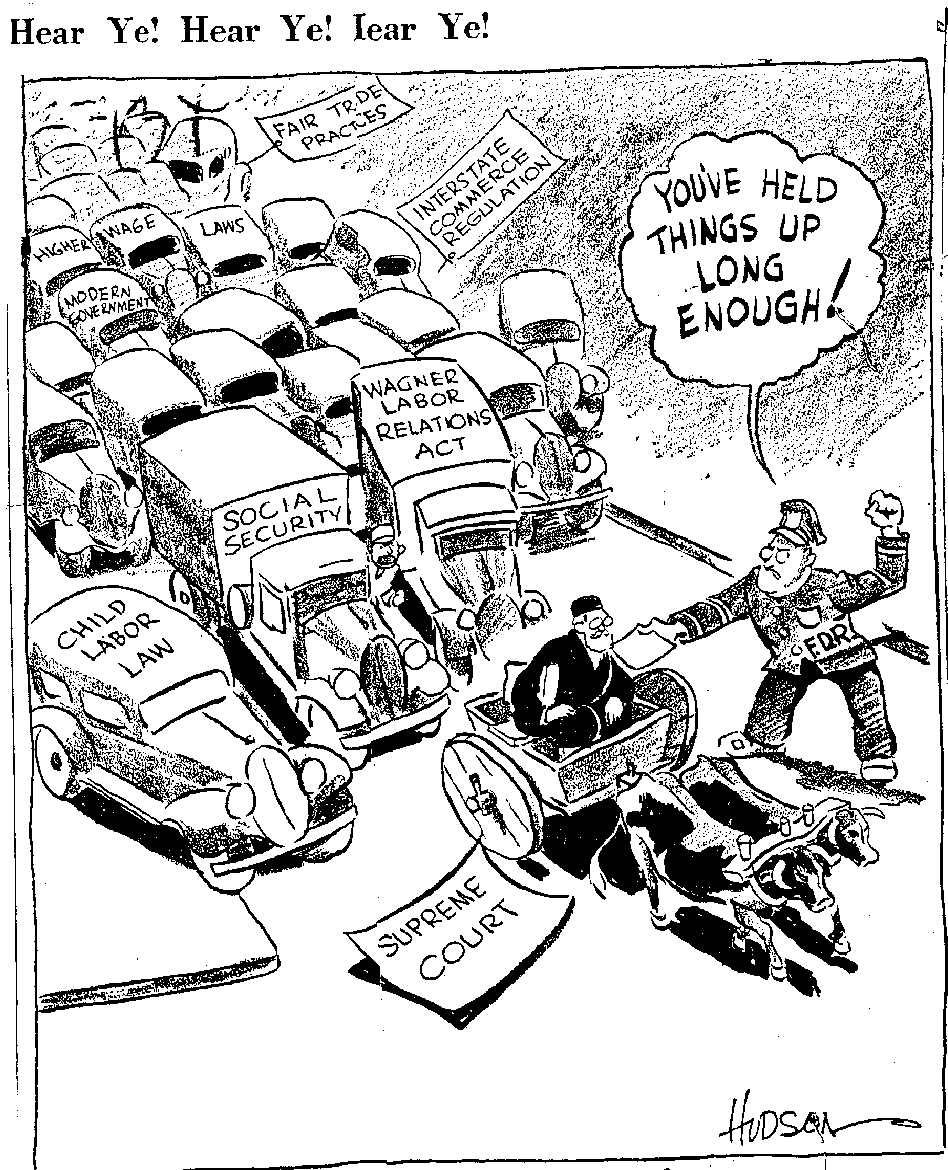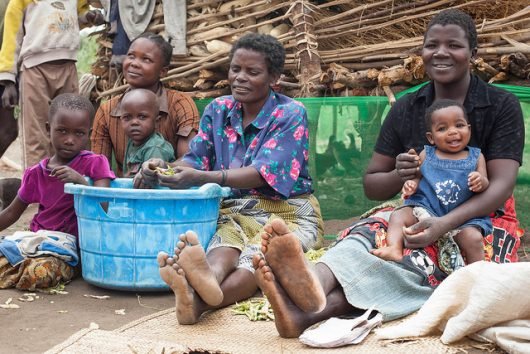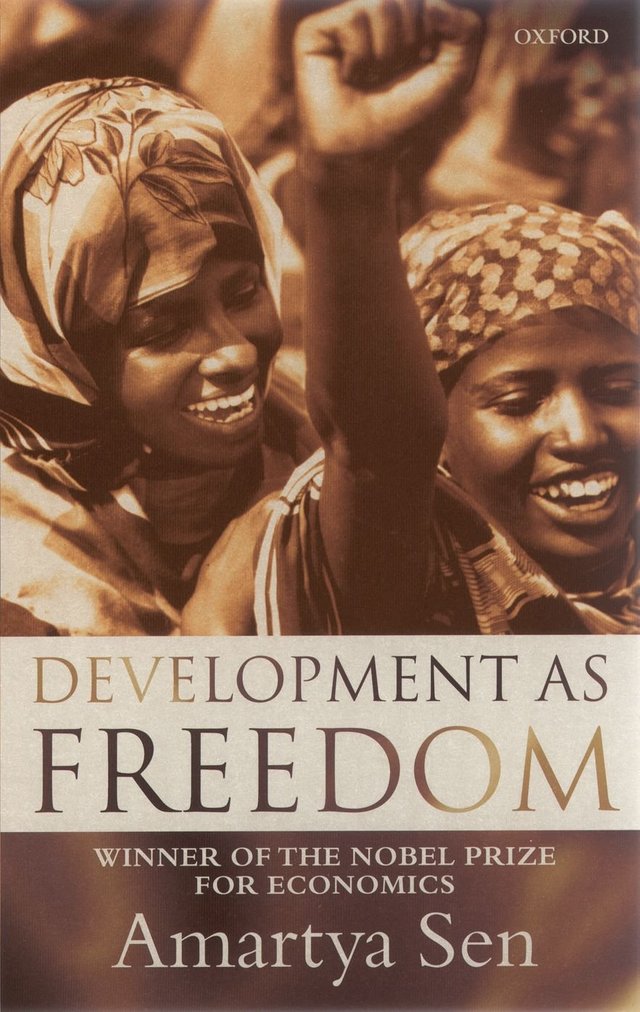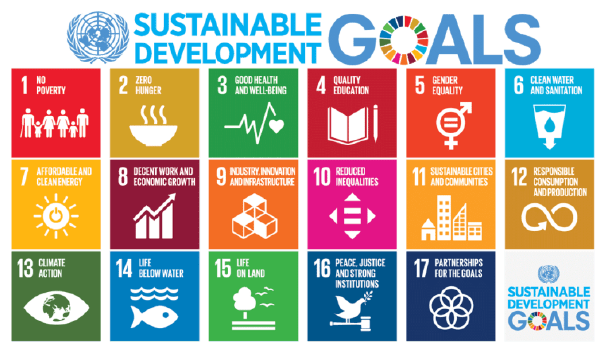What is Development? (In my own view)
In this paper I argue for a view of development as a means of increasing people’s personal agencies within their society. Expanding on this point, I aim to evaluate the different interpretations of development and relate them to the sociological concept of agency, defined by the Encyclopaedia of Communication Theory as ‘A capacity to act or cause change.’ (Littlejohn & Foss, 2009, 27). A conception of development however, as well as being a normative concept which is synonymous with improvement, can be defined as a process where destruction and creation are both simultaneous and sequential, and working both through the negative dimensions of decay and decomposition and the positive dimensions of heralding the image of progress and change. (Cowen & Shenton, 1996, ix).
Initially, the founding of development as a subject was a wholly economically focused discipline, and one could argue that Truman’s ‘fair deal’ speech issued in 1949 sowed the seeds for the push for the more developed countries of the world to aid the underdeveloped areas that would benefit from greater production as essential to ‘prosperity and peace.’ (Truman, 1949). From this speech it has been remarked that the developed countries of the World took up this task of spreading both capitalism and democracy in the 1950’s as the best course of action for underdevelopment. (Escobar, 1995, 4). While this also had the secondary effect of keeping the shadow of communism at bay as the capitalist West extended its spheres of influence to areas at risk of falling to the growing communist empire of the USSR. (Resis, 1981, 417). In addition, it has been argued that Truman’s coinage of the word ‘undeveloped’ polarised the whole development debate with the value judgement that alludes to the cultural superiority of ‘American/Western cultural imperialism’. (Gilbert, 2004, 3).

However, the historical focus placed upon economic growth as a key indicator of development blinded researchers to the state of the people within developing countries. I therefore present J. Martinussen, the eminent Danish professor, and his view upon the scenario, who remarks about the early methods of development researchers: ‘If they succeeded in initiating economic growth then other aspects of societal life would automatically follow and adjust.’ (Martinussen, 1997, 6). This highlights the lack of salience the concept of personal agency is given, and the ignorance to political and cultural matters of a developing country.
This does not mean that the economic measures have played a diversionary role within the development debate. It has been argued by D. Seers, a famous British economist, in his work The Meaning of Development that an increase in the average national income, which indicates an increase in the national savings potential of a country, would possibly lead to higher investment per capita levels, which could be indicative of capital that is essential for employment or for education. This could be then used to develop human capital and increase the numbers of skilled workers within the country. (Seers, 1969, 6). Following from this it could be assumed that people within this developing country have their personal agency increased through these measures, as they have a greater skillset and capacity to earn more and therefore earn their way out of poverty.

However, Seers, was still critical of the implicit focus upon statistics and league tables as signs of development, lamenting the statistic that ‘7 out of 10 children in the entire world are “affected by the apathy typical of chronic protein deficiency, an apathy that translates to diminished learning potential”’ (ibid., 9).He emphasises this point by declaring that the noses of social scientists and statisticians should be rubbed into these social realities of crippling poverty and mass unemployment that Third World societies were facing at the time. (ibid., 9). It seems self-evident that without the spectres of absolute poverty, unemployment and inequality haunting a developing country; there can be far more focus upon the development of personal agency within the populace. Exorcising a country of these ghosts should be even more of a priority, with the future generations crippled by malnutrition and therefore unable to focus upon education and thereby expand their personal agency, as previously noted by Seers in the above quotation.
In stark contrast to older conceptions of development, the viewpoint postulated by A. Sen, the renowned Bengali economist and philosopher, describes development as ‘A process of expanding the real freedoms people enjoy.’ (Sen, 1999, 3). He argues this in his magnum opus Development as Freedom, where he disparages the historical focus upon solely the economic factors of countries as the only means of development, but whether the people themselves are free to express themselves and participate within the society, economically and politically. Sen’s point links clearly to the concept of agency, as the freedoms expressed here are analogues to personal agency and the concept of positive freedom, that is the capacity to be and do with the addition of negative freedom, the basic freedom from interference. (Gasper & Staveren, 2003, 2).

An opposing view of development is taken by the Saint Lucian economist W. A. Lewis, who argues in favour of a far more economical model of development, essentially dividing the economy into two different sectors, an initially small capitalist focused sector and the ‘unlimited supplies of labour’ of the largely inefficient sprawling agricultural sector of a developing economy. (Lewis, 1954, 2). From this point, he argues for the mass drafting of the unskilled workers (including women in the household) in the agricultural and casual sectors into the capitalist sector or any new growing sector to provide cheap labour at subsistence level pay. This in turn would lead to new profits for the large-scale capitalists which in theory they would invest back into acquiring more renewable capital and therefore a greater amount of profit that can be saved and invested back into society. (ibid, 29).
One criticism of this theory, in relation to the field of personal agency, is the caveat that states: ‘The vast majority- could not count on improvements in their standard of living in the short or medium term if the capitalist growth rate was to be maximised.’ (Martinussen, 1996, 63). Despite the change in the overall productivity of labour being used within a developing economy, the people would stay as constrained and stunted in terms of any real personal agency within their society, save for the inclusion of the previously untapped labour force of women. As Lewis states: ‘One of the surest ways of increasing the national income is therefore to create new sources of employment for women outside the home.’ (Lewis, 1954, 3).

In conclusion, despite the many varied and loaded interpretations of development that we have seen as a subject of global contention, I have argued for a far more holistic view of development, one where people are seen not solely as figures or units of production, but as living, breathing human beings, who each strive for a better tomorrow. It was J. M. Keynes, the preeminent English economist, who stated: ‘The day is not far off when the Economic Problem will take the back seat where it belongs, and the arena of the heart and head will be occupied, or reoccupied, by our real problems-the problems of life and of human relations, of creation and behaviour and religion.’ (Keynes, 1945). I disagree with Keynes’ view however and believe that until the restrictions on personal agency are addressed in the full scope of analysis, we should not blindly follow claims of financial status as a comprehensive barometer of development.

References
Cowen, M. P. and Shenton, R. W. (1996) Doctrines of Development, (London: Routledge.)
Escobar, A. (1995) Encountering Development, (New Jersey: Princeton University Press.)
Gasper D. and Staveren I. (2003) Development as Freedom- And as What Else? (Feminist Economics, 9(2-3), 137-161.)
Gilbert, J. (2004) “Development”: The Power of a Word to Define out World. [Online] Available: http://www.janegilbert.co.uk/unpublished%20papers/Development%20-%20the%20power%20of%20a%20word%20to%20define%20our%20world.pdf [Accessed 16th October 2018]
Keynes, J. M. (1945) The Arts Council of Great Britain, 1st Annual Report 1945 (London: 9 Belgrave Square.)
Lewis, W. A. (1954) Economic Development with Unlimited Supplies of Labour (Manchester: The Manchester School, 22(2) 139-191.)
Littlejohn, S. and Foss, K. (2009). Agency. In Encyclopaedia of Communication Theory, Littlejohn, S and Foss, K. (Eds.), (California: Thousand Oaks, SAGE Publications, Inc.)
Martinussen, J. (1997). Society, State and Market, (London: Zed Books Ltd.)
Resis, A. (1981) Spheres of Influence in Soviet Wartime Diplomacy, (Chicago: The Journal of Modern History, 53(3), 417-439.)
Seers, D. (1969). The Meaning of Development, (Sussex: IDS Communication 44, Institute of Development Studies.)
Sen, A. (1999). Development as Freedom, (New York: Oxford University Press.)
Truman, H. [1949] (1964) Public Papers of the Presidents of the United States: Harry S. Truman. (Washington D.C: U.S. Government Printing Office).